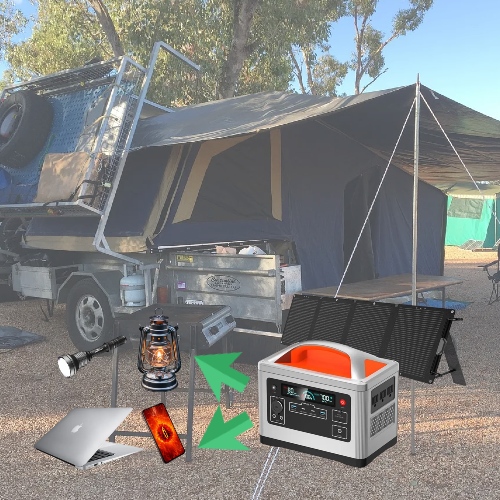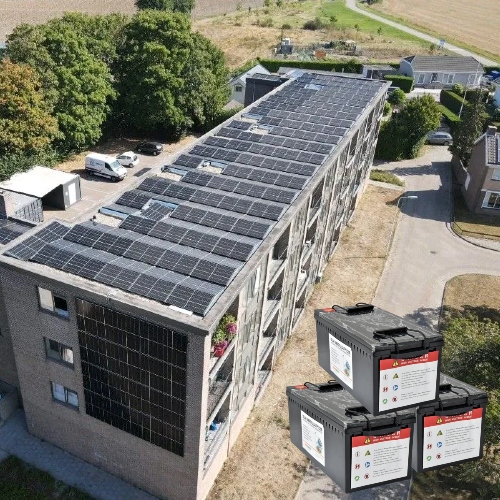Author:BLD Solar Energy SystemFROM:Solar System Converter Manufacturer TIME:2024-01-24
Solar chargers have become increasingly popular in recent years as more and more people are looking for sustainable and eco-friendly ways to power their devices. Solar chargers have many advantages over traditional chargers, including the ability to charge your devices using the power of the sun. In this article, we will discuss the working principle of a solar charger and how it can be used to power your devices.
Solar chargers are electronic devices that use solar panels to convert sunlight into electrical energy, which is then used to charge batteries or directly power electronic devices. The basic components of a solar charger include a solar panel, charge controller, and a battery. The solar panel converts the sun's energy into DC electricity, which is then regulated by the charge controller to ensure that the battery is not overcharged or damaged. The battery stores the energy, which can then be used to power electronic devices when needed.
Solar panels work by converting sunlight into DC electricity through a process called the photovoltaic effect. When photons from sunlight hit a solar panel, they knock electrons in the panel's silicon atoms loose, creating a flow of electrons or current. This current is collected by metal contacts on the surface of the panel and channeled into wires, which carry the electricity to a charge controller or battery.

Charge controllers play an important role in a solar charging system as they regulate the flow of electricity from the solar panel to the battery. The main function of the charge controller is to prevent overcharging and protect the battery from damage. Charge controllers monitor the battery voltage and regulate the amount of charge that is sent to the battery to ensure that it is never overcharged or discharged too much.
The type of battery used in a solar charger will depend on the specific application and power requirements. The most common types of batteries used in solar charging systems are lead-acid, lithium-ion, and nickel-cadmium batteries

The use of solar chargers offers many benefits over traditional charging methods, including the ability to charge devices in remote locations where there is no access to electricity. Solar chargers are also environmentally friendly, as they reduce the dependence on non-renewable energy sources. Additionally, solar charging systems can be customized to meet a wide range of power requirements, making them ideal for both residential and commercial applications.
Despite their many advantages, solar chargers do have some limitat

Solar charging systems have many applications, including powering homes, boats, RVs, and other vehicles. They are also widely used in outdoor activities such as camping, hiking, and backpacking, where access to electricity is limited. Additionally, solar chargers are increasingly being used in developing countries to provide access to electricity in remote and off-grid areas.
Solar chargers offer a sustainable and eco-friendly way to power electronic devices and are becoming increasingly popular due to their many advantages. Understanding the working principle of solar chargers can help you choose the right system for your specific needs and maximize its performance. While solar charging systems may have some limitations, their many applications make them an attractive option for anyone looking for an alternative to traditional charging methods.
